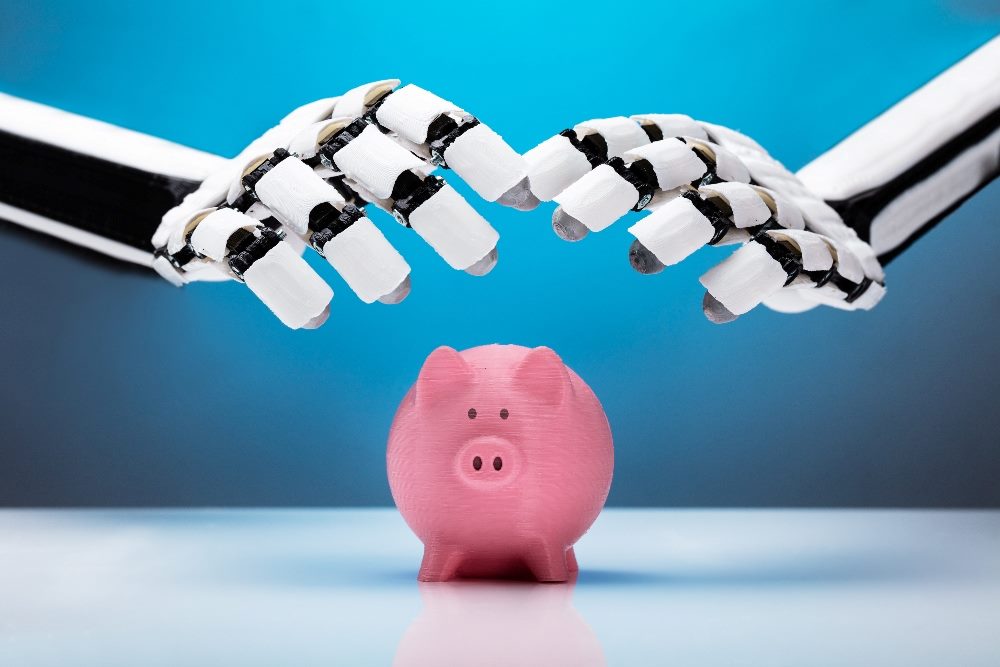The Gist
- AI revolution. AI in customer experience is transforming industries, from retail personalization to banking cost savings.
- HR shift. AI in employee experience is making recruitment and support more efficient and engaging.
- Service boost. AI in customer service is streamlining interactions and improving quality across sectors.
Artificial Intelligence (AI) has been around for decades, but its true potential has only recently been unlocked, thanks to the emergence of large language models like GPT-3.
Let’s explore how AI is reshaping both customer and employee experiences across various sectors and industries; in the rapidly evolving landscape of customer experience (CX), artificial intelligence is making a profound impact across industries. It’s undeniable that AI is driving transformative changes in how businesses engage with customers.
Let’s shed light on AI in customer experience and AI in employee experience.
1. Retail: AI-Based Personalization Insights
PwC reports that 94% of retail CEOs believe AI personalization can help meet customer expectations. The impact of AI-driven personalization is clear in success stories such as Amazon, which attributes a significant share of its revenue to its recommendation engine.
A clothing retailer observed a 25% increase in sales for after implementing AI personalization. The AI strategy offers product recommendations based on customers' browsing and purchase history. Additionally, the report indicates that 75% of consumers appreciate personalized product recommendations. Thus AI in customer experience helps increase customer satisfaction.
Related Article: AI in Ecommerce: True One-on-One Personalization Is Coming
2. Banking: Cost Savings Forecast
Gartner predicts that by 2030, AI-driven cost savings in the banking industry will reach $450 billion. A prime example is the use of AI chatbots for customer support, reducing operational costs while improving service quality. Let's take a look at AI virtual assistants.
One such example, Bank of America's AI virtual assistant, Erica, who handles routine customer inquiries, thereby improving customer support efficiency.
Gartner estimates that AI chatbots will power 90% of customer interactions in the banking industry by 2023, but what’s more telling: PwC reports that 63% of customers would consider leaving their current bank for better service.

Related Article: How AI Is Being Used for Consumer Education in Banking
3. Healthcare: Virtual Assistants in Healthcare
Forrester highlights the growing adoption of AI-powered virtual assistants in healthcare. These AI virtual agents provide quick responses to patient inquiries and can schedule appointments efficiently. Mayo Clinic utilizes an AI chatbot to engage with patients, offering instant answers to common health queries and improving patient engagement. PwC found that 88% of patients want more interaction with their healthcare providers through AI.
A major healthcare provider saw a 40% reduction in patient wait times after implementing an AI virtual health assistant for appointment booking and symptom assessment.
Related Article: Industries That Are Winning With Conversational AI Tools for CX
4. Ecommerce: Chatbot Impact
PwC reports that 34% of consumers in the US have used chatbots for online shopping assistance. AI chatbots are becoming indispensable in ecommerce, handling tasks from order tracking to answering product queries.
PwC's survey found that 71% of consumers are willing to use AI chatbots for faster issue resolution.
5. Automotive: Autonomous Vehicles Outlook
Gartner highlights the AI-driven revolution in the automotive industry, with autonomous vehicles using advanced machine learning algorithms for navigation and safety.
A leading car manufacturer reduced accidents by 15% using AI-powered advanced driver-assistance systems (ADAS) in their vehicles.
6. Employee Experience: HR Transformation
Leading organizations are launching AI-powered HR assistants to streamline employee inquiries, reduce HR workload and enhance employee satisfaction. Another example, Hilton Hotels uses AI to streamline its recruitment process, making it faster and more efficient, improving the experience for both HR professionals and job applicants.
PwC's survey indicates that 72% of HR professionals believe that AI in the workplace can improve the employee experience. Large language models like GPT-4 enable HR chatbots to conduct more natural and engaging conversations, enhancing the recruitment experience.
Final Thoughts on AI in Customer Experience and Employee Experience
AI has a pivotal role to play in reshaping customer and employee experiences across industries.
From retail to healthcare, AI-driven personalization, cost savings and enhanced customer service are evident. While AI in customer experience and employee experience itself isn't new, it’s adoption is certainly skyrocketing — more specifically LLMs or Large language models popularized by OpenAI have enabled more accurate predictive maintenance systems by analyzing vast amounts of unstructured data. Here are some observations from the various industries above:
- Retail: The advent of large language models has enhanced natural language processing (NLP), enabling even more sophisticated AI personalization and conversational interactions.
- Banking: AI in banking has accelerated with large language models, enhancing the conversational abilities of virtual assistants like Erica and ensuring better customer service.
PwC estimates that AI could increase the global GDP by $15.7 trillion by 2030.
What’s more in an exponential age, AI in customer experience is no longer an option but a necessity for businesses looking to excel — or get left behind in the dust of obsolescence. As AI technologies continue to evolve, organizations must harness their potential to remain competitive and meet ever-evolving customer expectations.
Learn how you can join our contributor community.
